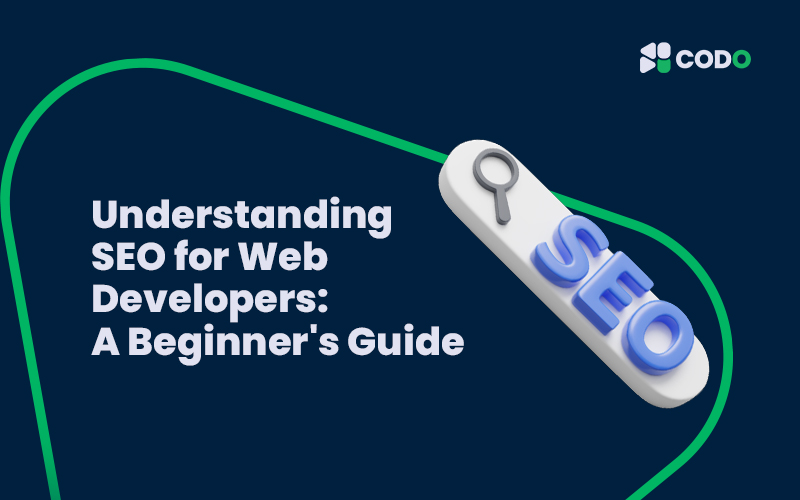Creating a Sports Club Website Using WordPress
Thu, 01 May 2025

Follow the stories of academics and their research expeditions

In the fast-paced world of online business, having a well-designed website is not enough. To attract visitors and grow your online presence, your website needs to be visible on search engines like Google. This is where Search Engine Optimization (SEO) comes into play. For web developers, understanding the basics of SEO is crucial to building websites that rank higher and drive more traffic.
If you're a web developer or aspiring to become one, mastering SEO will give you a competitive edge. In this guide, we’ll break down the fundamentals of SEO and how you can apply them to improve the performance of the websites you build.
SEO (Search Engine Optimization) is the process of improving a website’s visibility on search engines like Google, Bing, and Yahoo. The goal is to make your website appear at the top of search results when users search for relevant keywords. Better visibility means more traffic, increased engagement, and higher chances of converting visitors into customers.
A well-designed website with poor SEO will struggle to reach its audience. Web developers who understand SEO can create websites that are:
✅ Easy to find on search engines
✅ Fast and responsive
✅ Mobile-friendly
✅ Optimized for user experience
By integrating SEO best practices into the development process, you ensure that your website performs well and ranks higher in search results.
A clear and organized website structure makes it easy for search engine bots to crawl and index your site. Use the following tips to improve website structure:
www.example.com/services/web-design)H1, H2, H3) to organize contentSearch engines prioritize websites that load quickly. A slow-loading site can harm your ranking and drive away visitors. Improve your page speed by:
With most internet traffic coming from mobile devices, a responsive design is essential. Ensure that your website is mobile-friendly by:
On-page SEO refers to optimizing individual web pages to improve search engine ranking. Key elements include:
High-quality, relevant content is essential for SEO success. Search engines prioritize websites that provide valuable information. Follow these content guidelines:
Technical SEO focuses on the backend of your website. Key areas to focus on:
Building a strong network of internal and external links boosts your website’s authority. Effective link-building strategies include:
A well-designed and developed website is the foundation of effective SEO. Factors like site speed, mobile responsiveness, clean code, and structured data directly affect search engine ranking.
For instance, using platforms like WordPress, Shopify, and Wix allows developers to integrate SEO-friendly plugins and features easily. Optimized themes and page builders can further improve performance and search visibility.
If you're looking to master SEO and web development, enrolling in a structured course is the best way to get started. CODO Academy offers the best web design and development course in Kerala—a 15-day program designed to take you from beginner to expert.
✅ Creating dynamic websites using WordPress, Shopify, and Wix
✅ Mastering on-page and technical SEO
✅ Running ad campaigns on Google Ads and Meta Ads
✅ Designing professional portfolios using Envato Themes
✅ Building e-commerce websites with WooCommerce and Shopify
➡️ Learn how to create fast, responsive, and SEO-optimized websites.
➡️ Start freelancing or secure a job in the digital industry.
Understanding and implementing SEO strategies is essential for any web developer looking to build successful websites. By mastering SEO and web development, you can create websites that not only look great but also rank high on search engines.
If you're ready to take your skills to the next level, enroll in the best web design and development course in Kerala today and start building a future-proof career! ????
Thu, 01 May 2025

Wed, 30 Apr 2025

Wed, 30 Apr 2025

Leave a comment